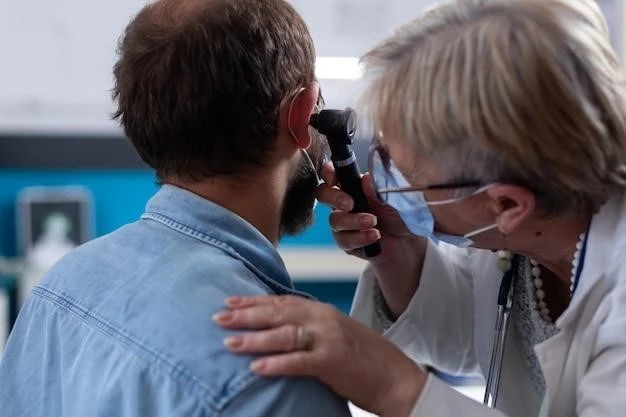Overview of Nevo Syndrome
The term nevo syndrome refers to a rare overgrowth syndrome showing phenotypic overlap with other genetic disorders․ It is linked to mosaicism and has been associated with various clinical features, including prenatal overgrowth and joint abnormalities․
Definition and Background
Nevo syndrome, also referred to as epidermal nevus syndrome (ENS), is a rare genetic disorder characterized by overgrowth and phenotypic overlap with other syndromes․ This condition is linked to mosaicism and has been associated with various clinical features, including prenatal overgrowth, joint abnormalities, and other distinct anomalies․

Clinical Features of Nevo Syndrome
Nevo syndrome presents as a rare overgrowth disorder with phenotypic overlap with other syndromes, characterized by prenatal overgrowth, joint abnormalities, and distinct anomalies․
Phenotypic Overlap with Other Syndromes
Nevo syndrome, or epidermal nevus syndrome (ENS), exhibits a rare overgrowth disorder with a significant phenotypic overlap with conditions like Sotos syndrome, showing similarities in clinical features such as brain, cardiovascular, or urinary anomalies․
Association with Epidermal Nevus
Nevo syndrome, or epidermal nevus syndrome (ENS), is linked to mosaicism and shows an association with various genetic disorders characterized by the presence of epidermal nevi․ This relationship highlights the complexity of the condition and underscores the need for comprehensive evaluation and management strategies․
Genetic Basis of Nevo Syndrome
Nevo syndrome is linked to NSD1 deletions, affecting the methyltransferase gene involved in chromatin regulation, leading to the manifestation of this rare autosomal recessive disorder․
NSD1 Mutations and Deletions
Nevo syndrome is associated with NSD1 mutations and deletions, particularly affecting the methyltransferase gene responsible for chromatin regulation․ These genetic alterations contribute to the development of this autosomal recessive disorder․
The diagnosis of Nevo syndrome involves careful clinical evaluation, genetic testing for NSD1 mutations and deletions, and identification of key clinical features to distinguish it from other disorders․

Diagnosis and Identification of Nevo Syndrome
Diagnosing Nevo syndrome involves a comprehensive clinical assessment, genetic testing to detect NSD1 mutations, and meticulous identification of specific clinical features to differentiate the condition from similar disorders․
Nevo syndrome treatment focuses on symptom management and may involve surgical interventions for specific complications․ Close monitoring and multidisciplinary care are essential for effective disease management․
Treatment and Management of Nevo Syndrome
Nevo syndrome management involves a comprehensive approach focusing on symptom alleviation through conservative measures, genetic counseling, and possibly surgical interventions to address specific complications, aiming to enhance the individual’s quality of life․
Surgical Interventions
Surgical interventions may be necessary in the management of Nevo syndrome to address specific complications, such as overgrowth-related anomalies or joint abnormalities․ These procedures aim to improve functionality and overall quality of life for individuals with the condition;
Complications and Risks Associated with Nevo Syndrome
Nevo syndrome can lead to complications such as basal cell carcinoma, tumors in connective tissues like fibromas, and other potential risks that require close monitoring and appropriate management․
Basal Cell Carcinoma
Individuals with Nevo syndrome are at an increased risk of developing basal cell carcinoma, which is the most common type of skin cancer, emphasizing the importance of regular skin checks for early detection and management․
Tumors in Connective Tissues
Nevo syndrome may lead to the development of tumors in connective tissues, such as fibromas․ Regular monitoring and appropriate medical intervention are crucial to address these potential complications associated with the condition․
Prognosis and Quality of Life for Individuals with Nevo Syndrome
Individuals with Nevo syndrome face specific complications and risks, including an increased susceptibility to conditions such as basal cell carcinoma and tumors in connective tissues, which can impact their overall prognosis and quality of life․ Early detection and proper management are crucial for optimizing outcomes and maintaining a good quality of life for individuals affected by Nevo syndrome․
